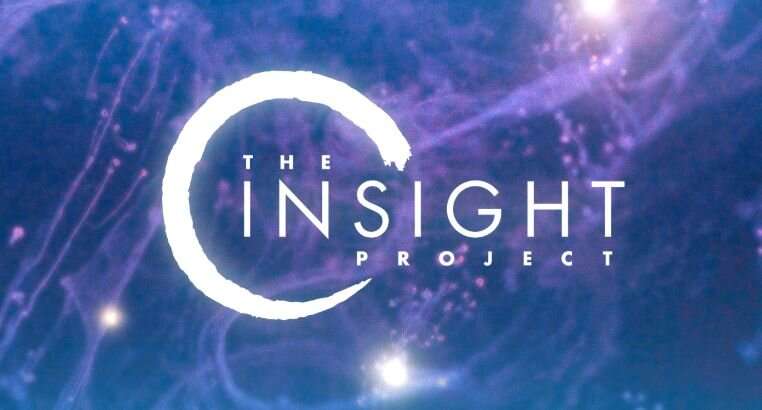October 31, 2019 weblog
Project will explore game play's potential to reduce mental distress

The just line of surrender in the never-ending debate about video games as bad or good for people is that line where people agree to disagree, where people examine all the studies pro and con to recognize that the truth refuses to take up residence on either side.
Those who flat out refuse to debate video games causing addictions and even violence may be missing out on oversimplifications. Those who condemn video games as ruining young minds miss the importance of games used for young hospital patients and general reinforcements of well-being.
Now there's a new kick-start movement in force made up of professionals who want fresh answers: This territory is not very well charted. Not yet. Jacob Aron in New Scientist was one of several tech watchers this week reporting on a move by UK games developer Ninja Theory, a Cambridge-based games company and a professor at the University of Cambridge to form The Insight Project.
They want to explore what game playing can tell us about mental health suffering. Can video games measure— and even modify— people's mental distress? Can video games help reduce symptoms of mental health conditions? Can video games be a form of therapy?
The two Ninja Project spokespeople in a video were introducing the initiative. They are Tameem Antoniades, creative director of Ninja Theory, and Paul Fletcher, psychiatrist and professor of health neuroscience at University of Cambridge. The project team views their pursuit as "gaming the mind to master mental health."
Fletcher, whose specialty is health neuroscience, told viewers they were asking a question: could we combine the best of game design with technology with cutting edge neuroscience and psychiatry, to help the mental suffering and to promote mental well being.
In the Oct. 29 video of The Insight Project, Antoniades said that it was where scientists, artists and mental health experts coming together to tackle mental suffering.
The project is a collaboration of professionals across several disciplines: a team with specialties in technology, game design and clinical neuroscience.
How? They want to know how video games might be used to measure and modify people's mental distress, and have now begun prototyping games based on biometric signals. Cataloguing the biometric signals, as New Scientist wrote, can allow the team to build games that respond to how the player is feeling.
This marks a new type of clinical science. It is one, said Fletcher, that needs to throw off certain constraints of the laboratory, and to harness the creative skills of gamemakers.
"People talk about your basic heart rate as being the key signal that determines your state of arousal or anxiety, but actually there is a whole lot more to the heart beat signal than that," he said.
Fletcher said, rather than just reading a player's pulse as a single number, he wanted to study the waveform in detail.
The team's formal announcement of October 29 said, "Today we are proud to announce The Insight Project, an innovative R&D project at Ninja Theory that we have grand ambitions for."
The team remembered back In 2017, when Ninja Theory released Hellblade: Senua's Sacrifice on PlayStation and PC platforms and later to Xbox One, Nintendo Switch and VR.
The game depicted a warrior with severe mental health issues. Wellcome thought it was the best representation of psychosis in any media. "It went on to win widespread acclaim, including 5 BAFTAs, 3 The Game Awards and a Royal College of Psychiatrists award."
What's next?
The Insight Project will take shape over several years, said the team. They plan "individualised and absorbing game experiences within which people can become an expert at recognising, responding to and, ultimately, controlling their own fear, anxiety and other negative subjective experience."
They stated they also wanted to "inspire a movement and help mental health treatment to go mainstream."
More information: news.xbox.com/en-us/2019/10/29 … the-insight-project/
© 2019 Science X Network


















